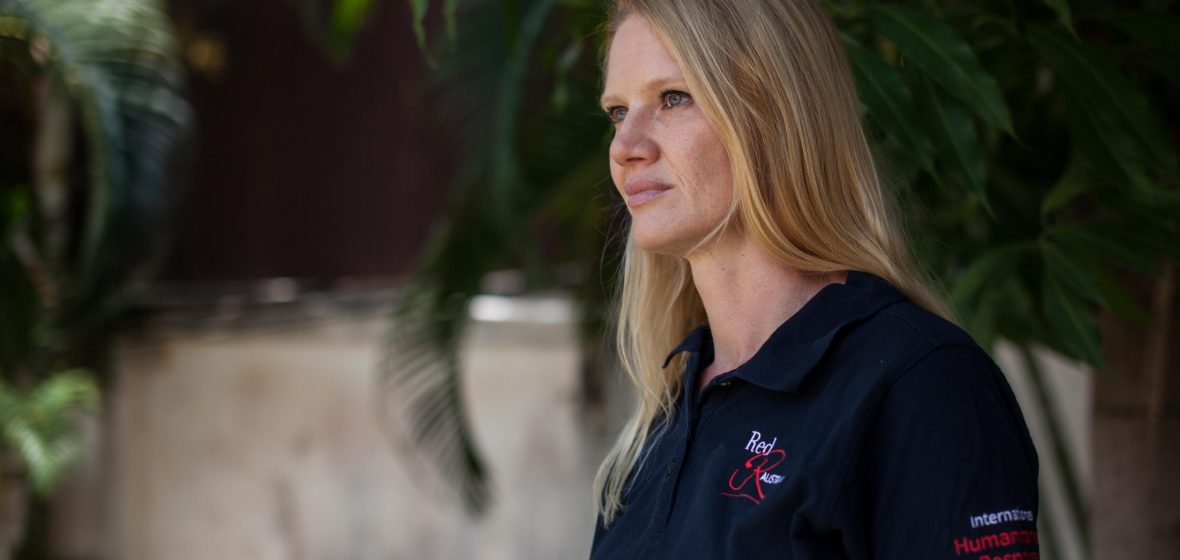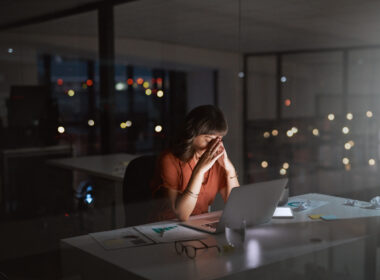Lawyer Michelle Sanson used to be a solicitor at Blake Dawson Waldron and an academic at the University of Technology. But she threw it in to use her legal skills in humanitarian protection work for the United Nations. I feel fortunate to have the opportunity to do this work in places affected by conflict and natural disasters,” Sanson says. “But I am not special, and it doesn’t make me a good person. We all contribute in our own way to the humanitarian effort. Lawyers who work in an office each day are contributing as their taxes support Australia’s support for humanitarian assistance around the world.
In fact, I think we can all contribute by keeping our hearts and minds open to what other people are experiencing around the world, because it could just as easily have been us.”
“When a crisis hits, such as Typhoon Haiyan in the Philippines, there are lots of people who work hard to get assistance to where it’s needed most. But there also needs to be people like me who consider the contextual dynamics. If resources are being allocated and delivered to an area, we have to consider how it will change the power dynamics, who will receive them, and, more importantly, who may miss out and why. On the ground, there can be a lack of understanding of the basic principles of humanitarian assistance. Among them is impartiality, meaning that assistance is given solely based on need, with no distinctions drawn based on race, gender, ethnicity, sexuality or political persuasion.




